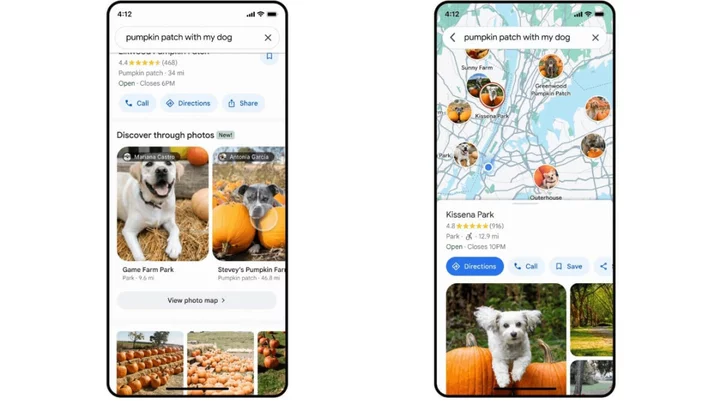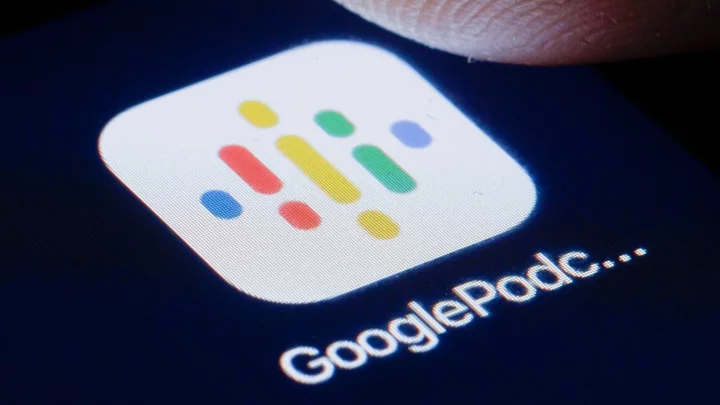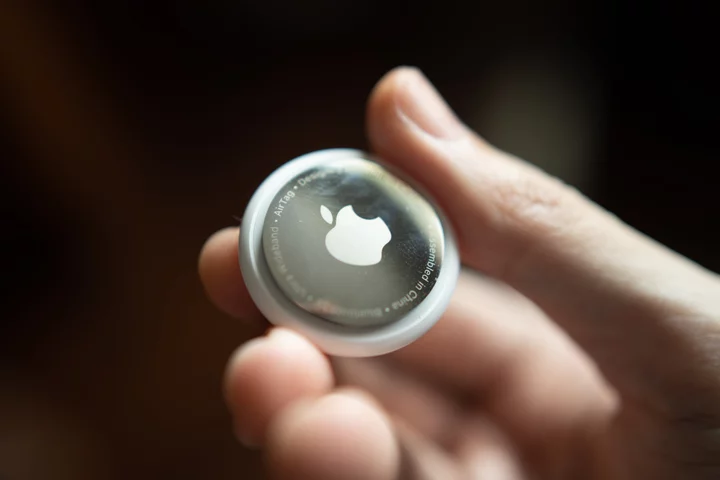The old adage is that sex sells — but that doesn't seem to be the case for young people.
Teens and young adults (18-24) actually think that there's too much sex and romance on TV shows and movies, according to "Teens and Screens," an annual report about adolescence and social media from the Center for Scholars and Storytellers (CSS) at the University of California, Los Angeles. They want to see more friendships and platonic relationships on their screens.
SEE ALSO: How OCD can affect friendshipsTeens & Screens features results of a survey of 1,500 young people aged 10 to 24 (which the National Academy of Sciences defines as the ages of adolescence) who closely reflect the U.S. census in terms of race and gender, according to the press release. Responses were collected in August 2023.
Almost half (47.5 percent) of adolescents 13-24 believe sex and sexual content isn't needed for the plot of most TV shows and movies, while 44.3 percent think romance is overused in media. A majority (51.5 percent) want to see content more focused on friendships, and 39 percent particularly want to see more aromantic and asexual characters.
Young people ranked unnatural, forced, or toxic romantic relationships four out of the top 10 most disliked stereotypes. Other unfavorable tropes adolescents mentioned were love triangles, relationships being a necessity to be happy, and male and female leads always ending up together.
These statistics are aligned with what we're seeing in young people's behavior: they're having less sex than their parents did at their age, and most of them agree that they're noticing more people in their circle are choosing to be single.
Why are young people averse to sex on screen? Why do they want more Stranger Things and less prosthetic dicks on Euphoria? Is it because they're sex-negative "puriteens"? According to the report's Gen Z authors, no — or at least, that's not the whole story.
SEE ALSO: How to stop caring what people think about youWe're well aware of the loneliness epidemic in the U.S. Well before COVID, people have felt less connected to others. The pandemic only exacerbated this, and young people today are twice as likely to report feeling lonely than those over 65. "Third places" (third to home and school or work) for young people to hang out in-person are dwindling. While many go online for connection, Gen Z are social beings that need face-to-face interaction, said Teens and Screens Gen Z authors Hiral Kotecha and Stephanie Rivas-Lara in a note shared with Mashable.
To illustrate this, Kotecha and Rivas-Lara pointed to a survey response from a 12-year-old: "The Sand Lot is a baseball movie i like. i wish i could go outside and play like [they] did at the time. today its not safe [sic]."
"Though simple, his words felt like a poignant representation of what many of our respondents seemed to be hinting at: that the core essence of kids (at heart) and teens will always be the same — from camaraderie to curiosity and a sense of adventure (or even just playing outside) — and it appears that somewhere along the way, this may have been forgotten in storytelling," said Kotecha and Rivas-Lara.
At a time where young people are missing IRL connection, they're looking for it in their media consumption.
"Adolescents are looking to media as a 'third place' where they can connect and have a sense of belonging — and with frightening headlines about climate change, pandemics and global destabilization, it makes sense they are gravitating towards what's most familiar in those spaces," said Rivas-Lara in the press release.
"While it's true that adolescents want less sex on TV and in movies, what the survey is really saying is that they want more and different kinds of relationships reflected in the media they watch," said founder and director of CSS, co-author of the study, and adjunct professor in UCLA's psychology department, Yalda T. Uhls in the press release.
Want more sex and dating stories in your inbox? Sign up for Mashable's new weekly After Dark newsletter.
"We know that young people are suffering an epidemic of loneliness and they're seeking modeling in the art they consume," Uhls continued. "While some storytellers use sex and romance as a shortcut to character connection, it's important for Hollywood to recognize that adolescents want stories that reflect the full spectrum of relationships."
Check out more insights about young people's viewing habits and thoughts in the 2023 Teens and Screens report.









